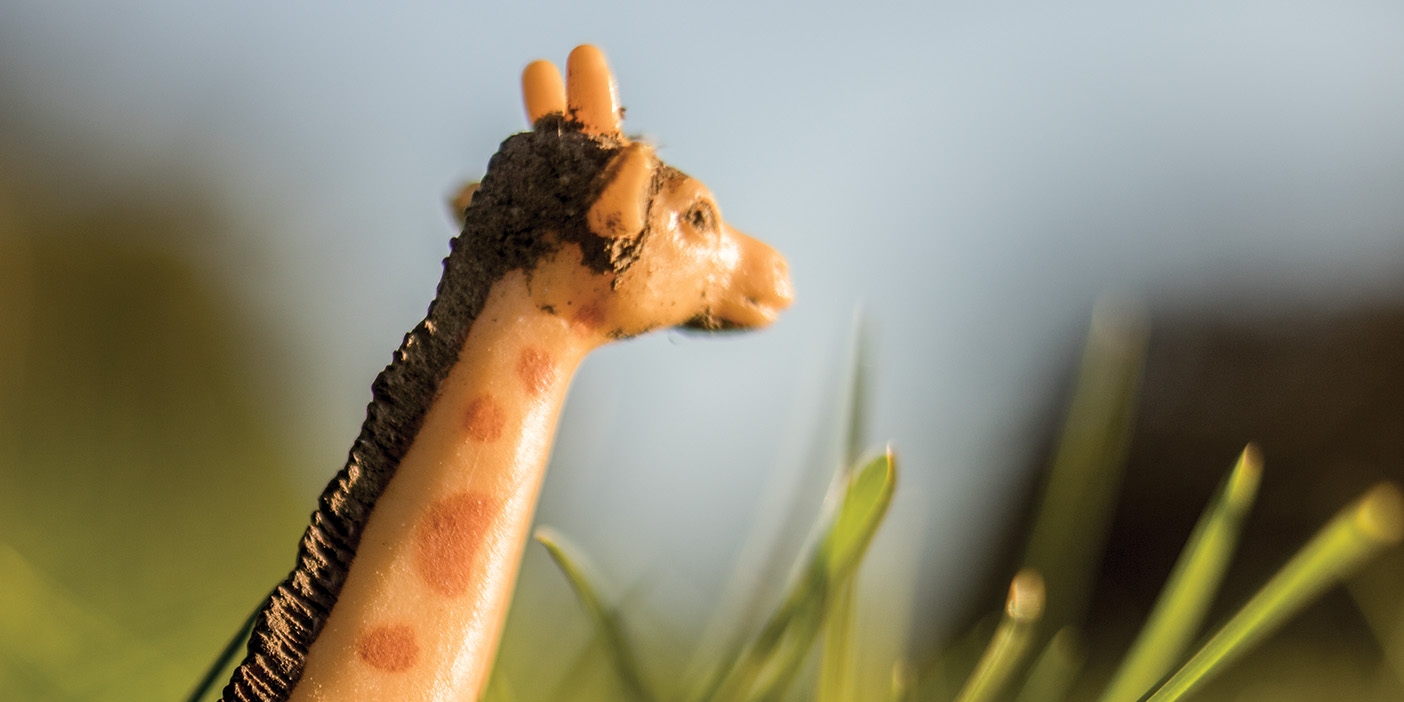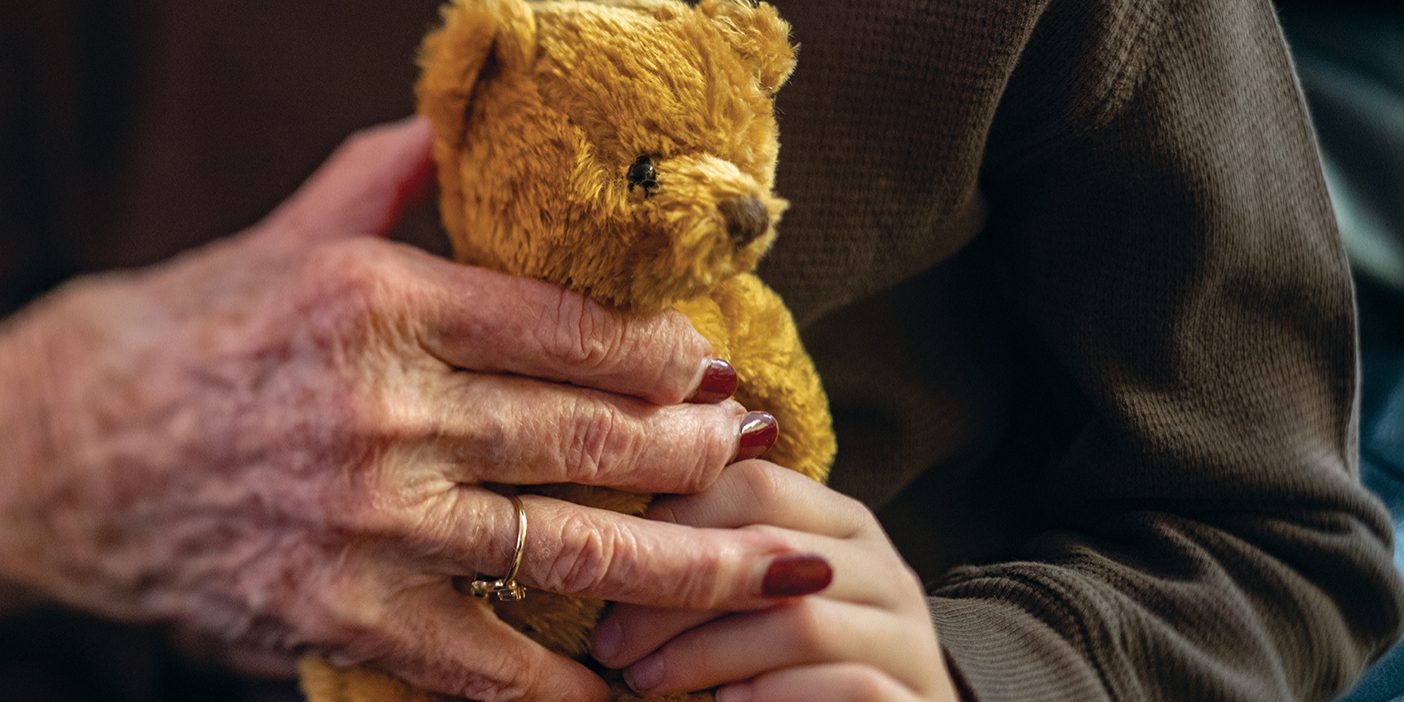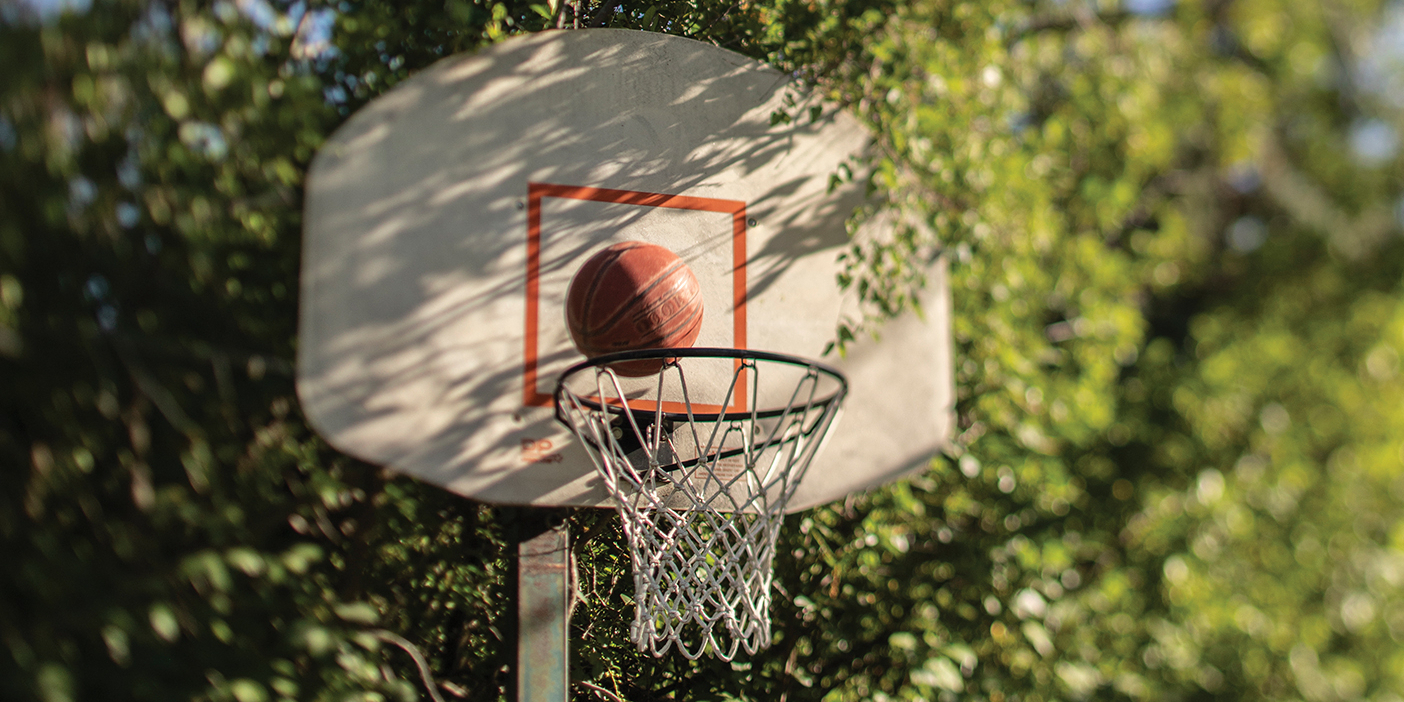After a house fire, a family tries to find the way back to normal.
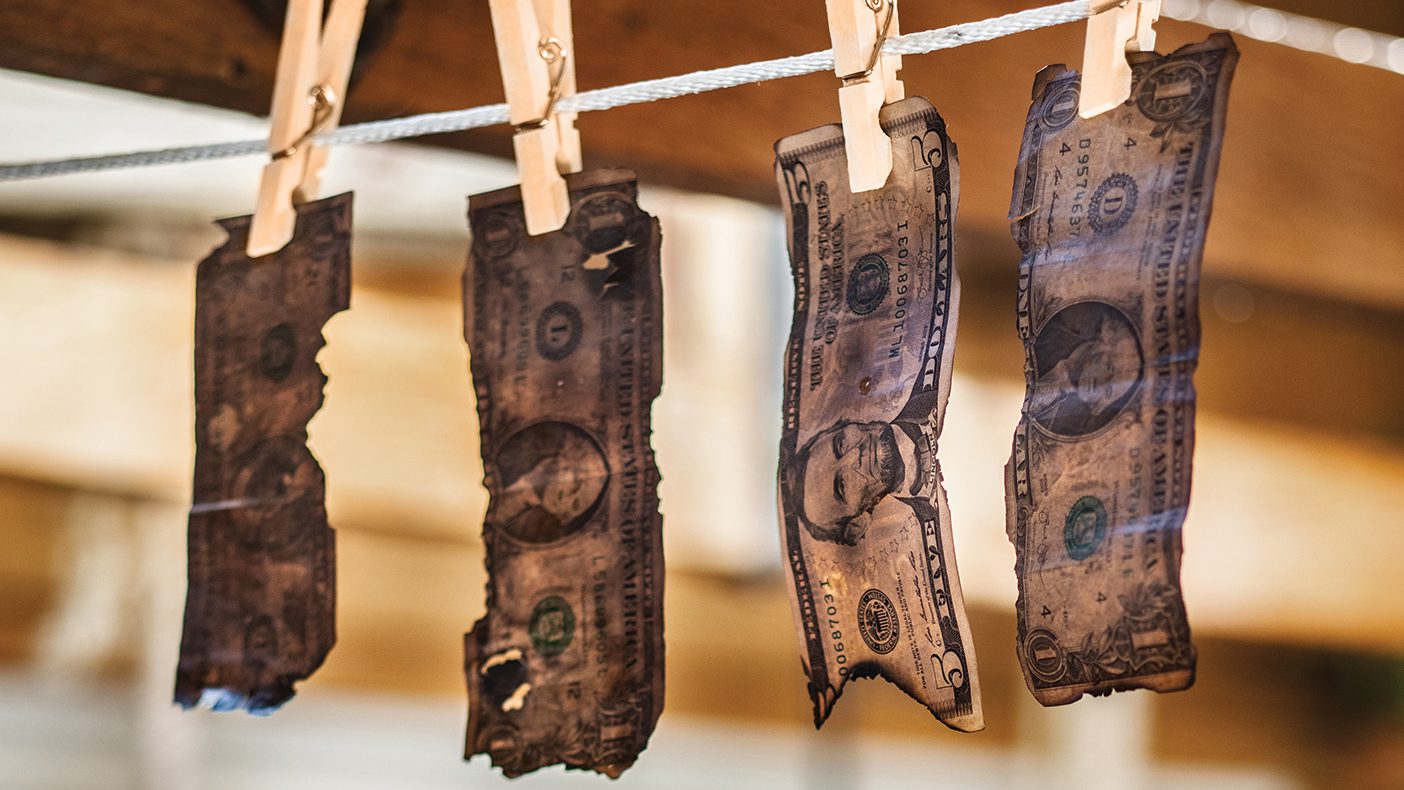
“Sit down,” my sister said.
My husband and I were in Las Vegas, visiting family on our way home from a business trip. Steven, our 6-year-old son, was with us. “Your family is all right,” my sister said, “but there’s been a fire at your home.”
We drove all night and arrived in Livermore, California, the next morning to see the black skeletons of our living room furniture piled on the front lawn. Our home—what was left of it—was filled with smoke and ashes. The living room was totally destroyed. The piano, keys melted together, sat in the middle of the kitchen. Jerry’s computer was a gray mass of fused plastic and metal.
Our teenage daughters, Nancy and Karen, had been left at home with their grandparents. They spent the night with neighbors. When we all surveyed the damage inside our home, my daughters suggested that it would make a great haunted house. Too bad Halloween was 11 months away.
Our older daughter Sandra was away at BYU. She shared the news with a BYU friend from our hometown whose mom happened to be in Provo for Thanksgiving. The mom called her friend: “Give the Owenses the key to my house,” she said. We moved in, grateful to have a place to stay as we tried to find our way back to normal.
A week later we were packing our few possessions to move to a motel. Nancy said to me, “I guess we’re homeless.”
“No, we’re not,” I told her. “Home is where we are together. Right now we don’t have a house to put our home in.”
She smiled. “I get it. We’re living in a mobile home.”
Getting children off to school from the motel was challenging. With unreliable room service, we had peanut butter and jam sandwiches for breakfast. We moved into a rental house as soon as possible, sleeping on air mattresses and using furniture borrowed from friends. The process of cleaning out our home and filing the insurance claim began.
For many hours and days, I sorted through ash-covered possessions at the cold shell of our home, returning to our rental with gray hair and a sooty sweatshirt. One day I posted a sign on the frame of my burnt sofa: “Fire Sale. Everything Must Go.” A friend drove by our house and was horrified to see that it had burned. “But then I saw your sign,” she said, “and I knew that you were okay.”
Some money had been left on Karen’s desk. It was black, so I washed it. When Grandma called to see how we were doing, I heard Karen say, “I was filthy rich until Mom laundered my money.”
“I was filthy rich until Mom laundered my money.” —Karen
When the holidays arrived, a small poinsettia plant in the middle of our empty living room was our substitute Christmas tree. It was surrounded by gifts that Steven had purchased at the school’s Secret Santa Shop.
In years past, as we planned our 12 days of Christmas caroling, we always looked to find families with stress in their lives. “We’d carol us,” Nancy said, “if we weren’t the family with a burned-out house.” The first night of caroling was a disaster. We missed Sandra, who was away at BYU—not only her beautiful voice, but her bubbly presence. We came home in tears. We tried again but this time we wore Santa hats and Karen’s friend caroled with us.
My daughters decided that we needed to decorate both of our houses. We hung construction-paper stockings on the plywood panels covering the windows of our burned house. We retrieved Christmas decorations from the garage and put up decorations in our rented house.
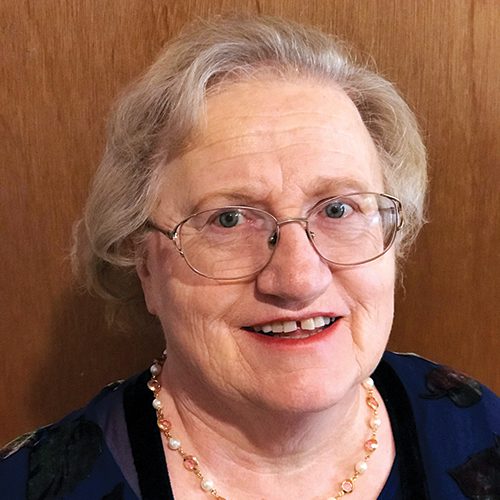
In the end, it would take seven months to rebuild. We found moments of joy in unlikely places. We bought a new piano and new furniture. My husband purchased a new computer. We realized that family and relationships are more important than things.
Our mobile home was back where it belonged.
Rose Owens is a wife, mother, and grandmother.
Share a Family Story
In Letters from Home BYU Magazine publishes essays by alumni about family-life experiences—as parents, spouses, grandparents, children. Essays should be 700 words and written in first-person voice. BYU Magazine will pay $350 for essays published in Letters from Home. Send submissions to lettersfromhome@byu.edu.










